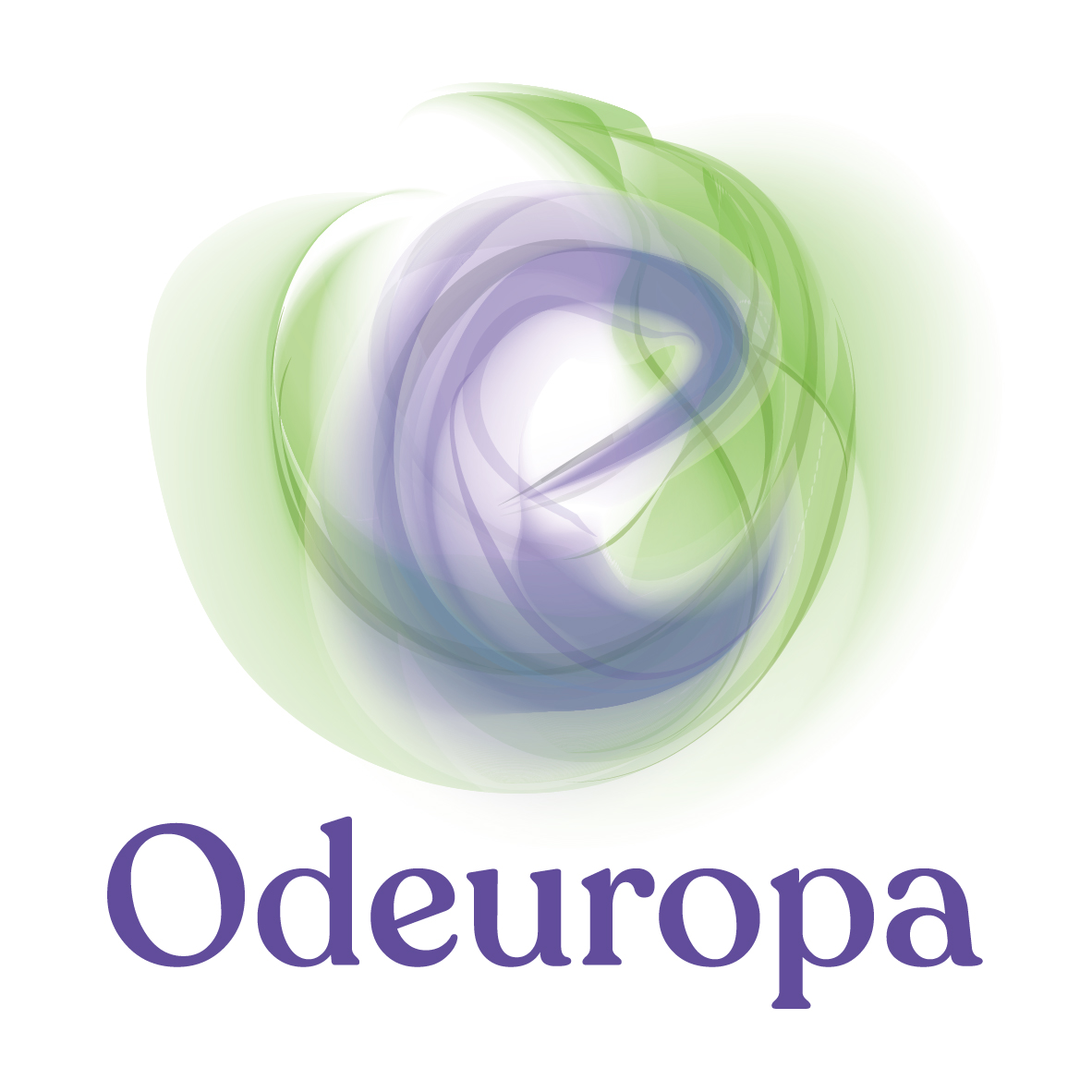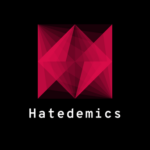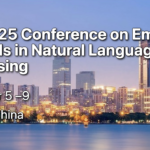Our group is part of a consortium that has been awarded a €2.8M grant from the EU Horizon 2020 programme for the project, “ODEUROPA: Negotiating Olfactory and Sensory Experiences in Cultural Heritage Practice and Research”.
Smell is an urgent topic which is fast gaining attention in different communities. Amongst the questions the Odeuropa project will focus on are: what are the key scents, fragrant spaces, and olfactory practices that have shaped our cultures? How can we extract sensory data from large-scale digital text and image collections? How can we represent smell in all its facets in a database? How should we safeguard our olfactory heritage? And — why should we?
The project bundles an array of academic expertise from across many disciplines—history, art history, computational linguistics, computer vision, semantic web, museology, heritage science, and chemistry, with further expertise from cultural heritage institutes, intangible heritage organisations, policy makers, and the creative and fragrance industries. The team will develop novel methods in sensory mining and olfactory heritage science to collect information about smell from multinational digital text and image collections. The historical scent data will be curated and published in an online Encyclopaedia of Smell Heritage, describing the sensory qualities and meanings of the scents and tracing the storylines of key scents, fragrant places, and olfactory practices. This database will become an archive for the olfactory heritage of Europe, enabling future generations to access and learn about the scented past.
In addition, a selection of European smells will be preserved and ‘reconstructed’ using heritage science techniques. Working with museums, artists, and perfumers the Odeuropa team will curate olfactory events and exhibits and educate heritage visitors on engaging with history through the nose. The ultimate goal of the Odeuropa project is to show that critically engaging our sense of smell and our scent heritage is an important and a viable means for connecting and promoting Europe’s tangible and intangible cultural heritage.
Involved researchers: Stefano Menini, Sara Tonelli, Elisa Leonardelli

Website:





